Article by Emily Kane, intern with the U.S. Department of State's Office of Alumni Affairs.
A few weeks ago, we spoke with Sarah McLewin, an exchange alumna of the Fulbright English Teaching Assistant (ETA) program, about her career path and how she leveraged Career Connections as a tool for success in her current role as a contractor at the U.S. Department of State. Throughout her professional career, Sarah’s driving theme has been rooted in “building mutual understanding.” Now, she helps “Americans see the world and the world see the United States.”
Sarah currently works as a Program Officer, where she covers all Fulbright programs in Afghanistan, Bangladesh, Sri Lanka, and the Maldives in the Bureau of Educational and Cultural Affairs. Before she landed her current position, Sarah was an academic advisor in higher education and then shifted her focus to the nonprofit sector, working as a program director for teachers and high school students in global education.
sarah_mclewin_headshot.jpeg
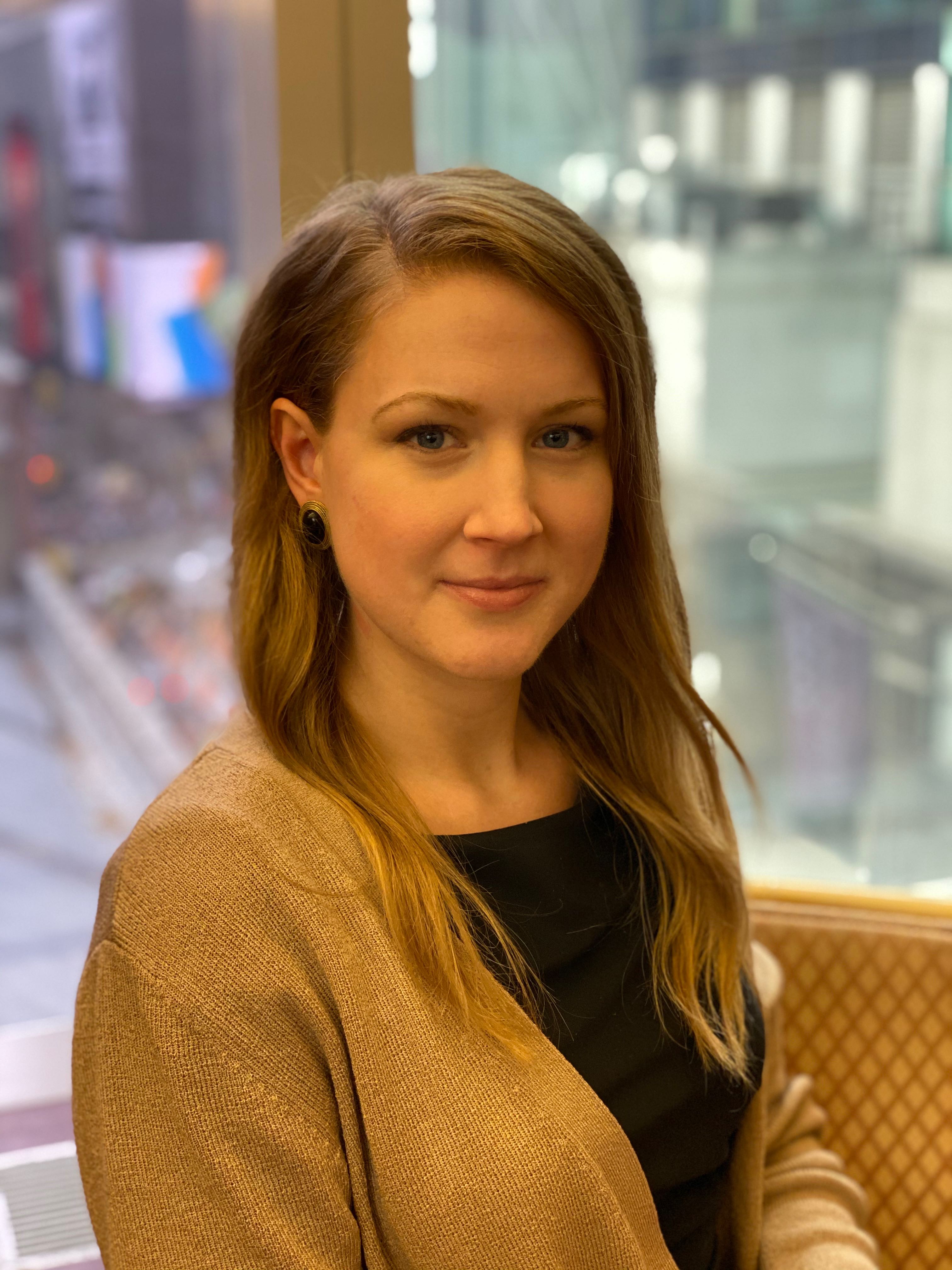 Sarah McLewin
Sarah McLewin
Upon the completion of her Fulbright ETA in Morocco, Sarah became a U.S. ExchangeAlumni, joining a network of more than 500,000 U.S. citizens who have participated in an exchange program funded or sponsored by the U.S. government (USG). One of the U.S. ExchangeAlumni opportunities McLewin took advantage of was Career Connections. In 2019 she attended the seminar taking place in New York City, where she was able to create meaningful connections with others who had taken part in a variety of different USG-funded exchange programs.
For Sarah, Career Connections was an opportunity to broaden her ExchangeAlumni world. She mentioned how, when you’re involved in an exchange program “you’re very focused on your program and you’re very much in a Fulbright world or a Gilman world.” Career Connections provided her and other exchange participants the opportunity to “meet people who came from so many different programs” – and gave Sarah the chance to feel more engaged with the broader ExchangeAlumni network.
“Career Connections is where the ExchangeAlumni network really came to life,” she said.
Career Connections also allowed Sarah to meet like-minded people, many of whom were at similar stages in their professional career. The networking opportunities were not the only thing that stood out to her. She recalled a session offered with speaker Stephanie Zhong, who discussed storytelling branding. Zhong encouraged all the attendees to “see [their] value and embrace what makes [them] unique.” The overall message of finding your own professional path is something that has stuck with Sarah over the years –demonstrating the lasting impact of Career Connections sessions and its core messages.
Now whenever she’s asked by people if they should attend a Career Connections event, Sarah immediately replies, Yes! As she notes, the seminars give like-minded professionals the opportunity to meet and engage with one another.
Interested in participating in a Career Connections seminar near you? Use Sarah’s tips:
● Think about your career objective. Identify a specific career goal to maximize your networking opportunities.
● Preparation is key: Have your elevator speech ready and use the event to practice describing your background and career objectives.
● Be helpful: When you meet other exchange alumni, offer to connect them to organizations or key contacts. Helping other exchange alumni pursue their career goals builds the strength and comradery of the network.
The Career Connections professional development seminars began in 2019 to bring together U.S. ExchangeAlumni with leaders in business, government, civil society, and other diverse fields, and to help alumni leverage their international exchange experiences, highlight their skills, and build their networks. Career Connections is run by the Office of Alumni Affairs in the Bureau of Educational and Cultural Affairs at the U.S. Department of State and implemented by Global Ties U.S.

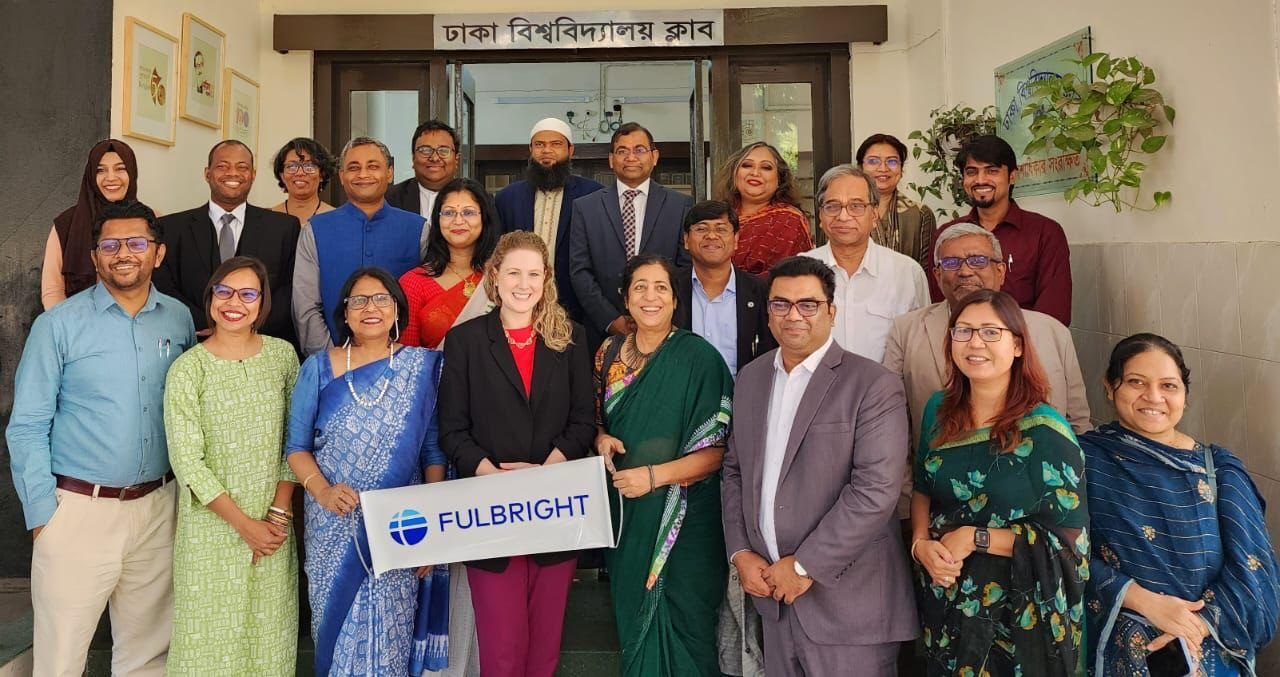

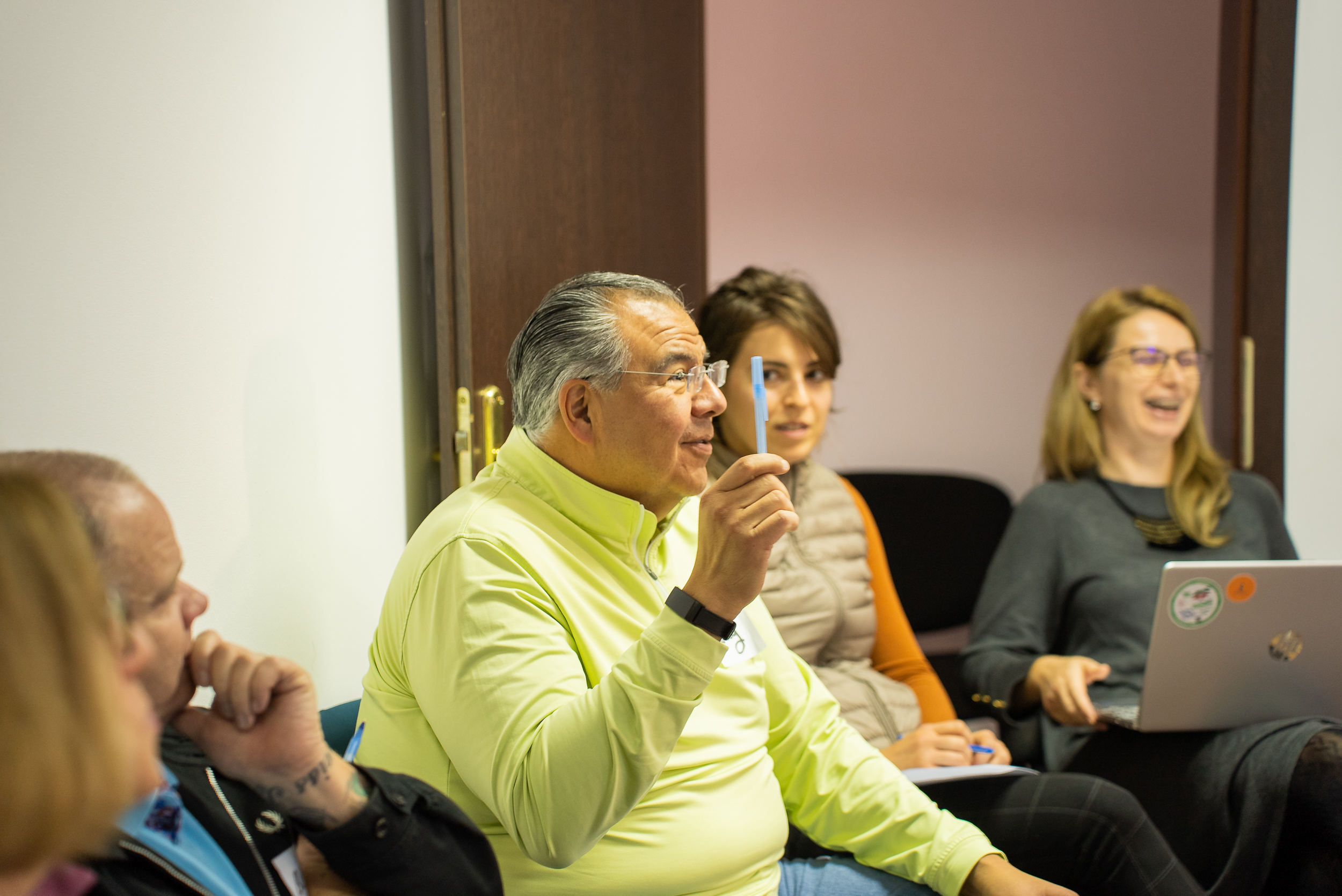
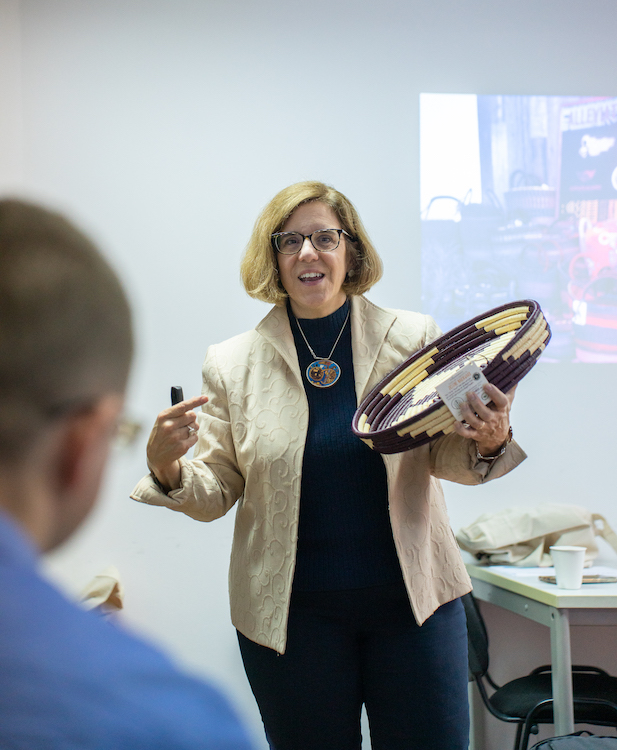
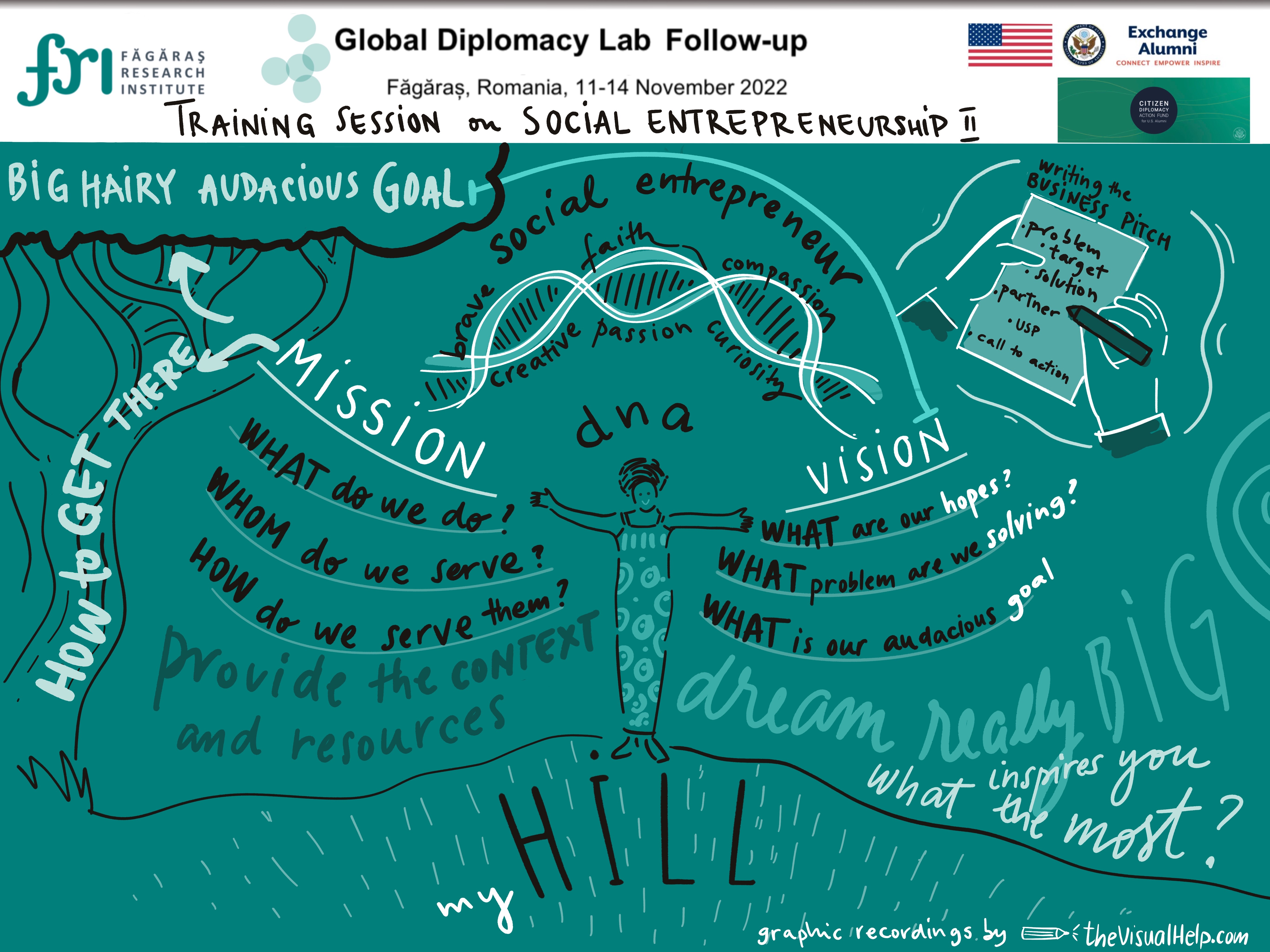
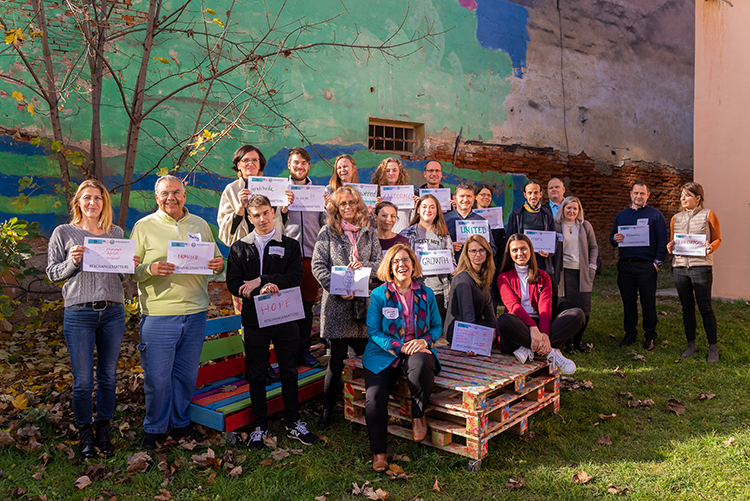
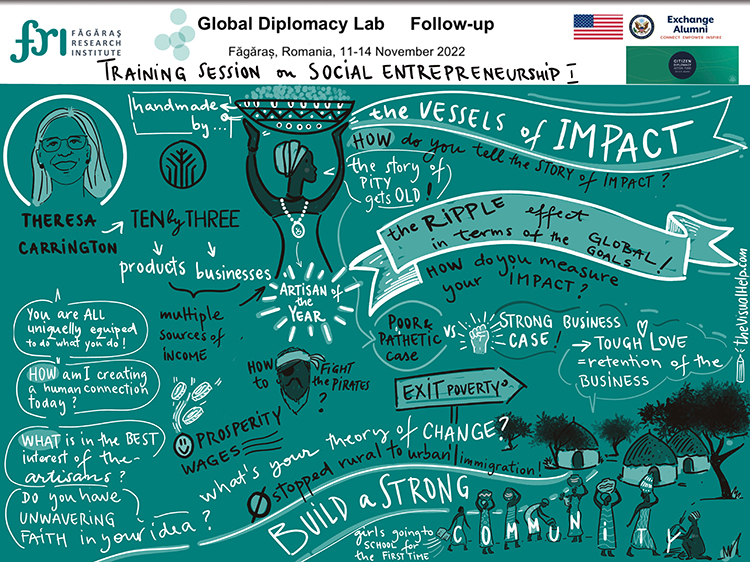
 Calling all U.S. citizen alumni of U.S. government exchange programs! Was your exchange a life-changing experience? Do you want to share your international exchange experience with others in the United States?
Calling all U.S. citizen alumni of U.S. government exchange programs! Was your exchange a life-changing experience? Do you want to share your international exchange experience with others in the United States?
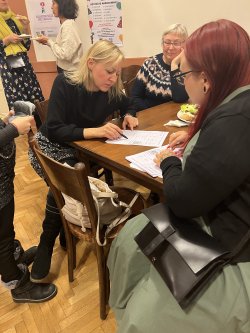 In the middle of her presentation, Helena Bartošová clicks on a video in which two blond toddlers no more than three years old are rocking out to a bassoon and clarinet quartet in front of a church altar.
In the middle of her presentation, Helena Bartošová clicks on a video in which two blond toddlers no more than three years old are rocking out to a bassoon and clarinet quartet in front of a church altar.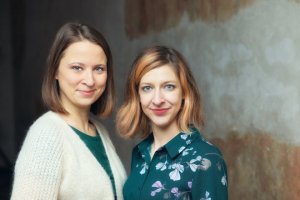
 Helena knows that the refugees are mainly focused on survival, but she wanted to give them something special, something “extraordinary,” just as has been the mission all along for her organization.
Helena knows that the refugees are mainly focused on survival, but she wanted to give them something special, something “extraordinary,” just as has been the mission all along for her organization.